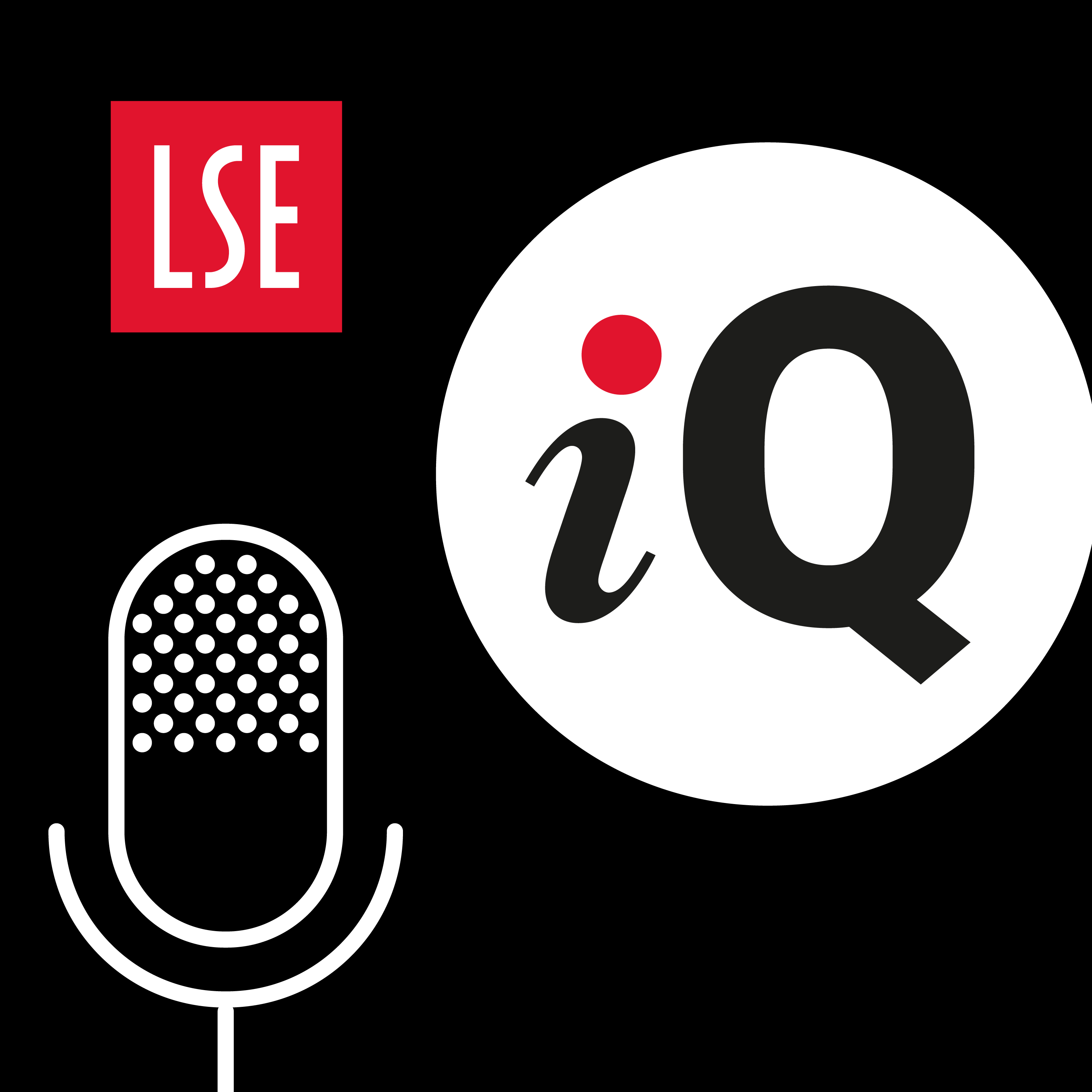Is perfect the enemy of the possible?
Description
Contributor(s): Dr Thomas Curran | Jess Winterstein speaks to Dr Thomas Curran about the potential pitfalls of wanting to be perfect. Our society values perfection, but is the concept of perfect really that good for us? The latest episode of LSE IQ explores perfectionism.
In this bitesized episode of the LSE IQ podcast, Jess Winterstein speaks to Dr Thomas Curran, Associate Professor in the Department of Psychological and Behavioural Science at LSE. While aspiring to perfection may still be viewed positively by many, Dr Curran’s research reveals that the drive to be the best can potentially do more harm than good. Are the potential downsides worth it when balanced against the possible achievements that can come from being a perfectionist? In a discussion which explores the realities of being a perfectionist, we ask, is perfection really worth it?
Contributors
Dr Thomas Curran https://www.lse.ac.uk/PBS/People/Dr-Tom-Curran
Research
A test of social learning and parent socialization perspectives on the development of perfectionism by Thomas Curran, Daniel J Madigan, Andrew P Hill and Annett Victoria Stornæs
https://www.researchgate.net/publication/339433945_A_test_of_social_learning_and_parent_socialization_perspectives_on_the_development_of_perfectionism
Perfectionism Is Increasing Over Time: A Meta-Analysis of Birth Cohort Differences From 1989 to 2016 by Thomas Curran and Andrew P. Hill http://eprints.lse.ac.uk/101352/1/Curran_Hill2018.pdf
More Episodes
Published 04/09/24
Contributor(s): Professor Christopher Coker | For the late Professor Christopher Coker the answer lay in the rise of a new political entity, the civilizational state. In an episode of LSE iQ which explored China’s position in the world in the coming century, Professor Coker talked about this, the...
Published 04/09/24
Contributor(s): Nikki Sullivan, Paul Frijters, Sarah Appleton, Helen | Joanna Bale talks to Helen, who found Ozempic ‘life-changing’, Clinical Psychologist Sarah Appleton, and LSE’s Nikki Sullivan & Paul Frijters.
Published 03/05/24


